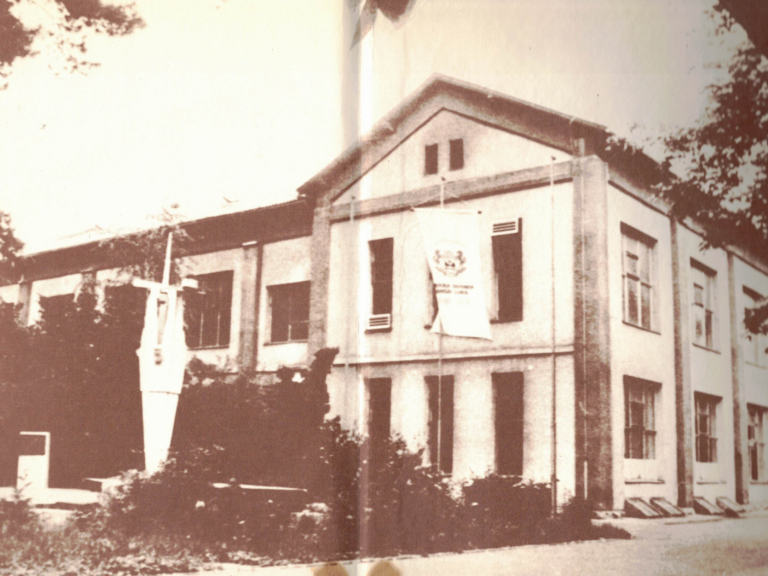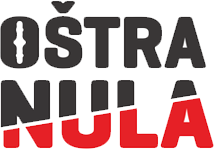At the time of the factory’s founding, Banja Luka was a town with around ten thousand inhabitants. Until the mid-1950s, the Tobacco Factory was the largest economic organization in the city. It was established in 1888 by order of Rudolf Habsburg. By the end of Austro-Hungarian rule, the Tobacco Factory had been expanded several times. It was an attractive space for capital investment. Seasonal workers, unskilled laborers, skilled professionals from the Monarchy, and even children worked there. Most of the workers were girls between the ages of eight and fifteen. As a result, the workers organized into unions and militant organizations, with some of the most notable being women from Banja Luka – Marija Fišer, Katarina Jakić, Josipa Lastrić, and others.
After World War II, the factory was nationalized and handed over to the workers for management. The nationalization was carried out by Smail Bahtijarević and Miron Mandrović at the end of the war in 1945. The first employees were demobilized soldiers, and the factory began to be managed by a workers’ council. By the end of 1945, factory production had increased by 30% compared to pre-war levels. The factory’s union management organized numerous cultural, artistic, and sports activities. One of the most well-known organizations, founded in 1952, was the Cultural, Artistic, and Sports Society “Kasim Hadžić”.
During the 1960s, the factory underwent a modernization process and integrated with the tobacco industry from Niš. By the late 1980s, it operated as part of the Work Organization within the Complex Organization of Associated Labor “Jugoduvan” from Niš. Estimates projected that by the end of the 20th century, the factory would produce ten tons daily, or 2,500 tons of cigarettes annually. However, the opposite happened.
In the early 1990s, amidst wartime conflicts, the privatization process began. Workers’ councils were dissolved, and the Tobacco Factory suffered in the process. In 2006, the factory was acquired by a Banja Luka businessman Nebojša Antonić, with part of the shares taken over by the Bulgarian holding company “Bulgartabak”. The systematic dismantling of the factory, an attempt to align domestic tobacco industry prices with European standards, and other factors led to the closure of the Tobacco Factory. Although some saw the site as highly profitable for residential development, the Banja Luka Tobacco Factory is on the provisional list of national monuments under state protection, meaning new construction is currently not happening.



